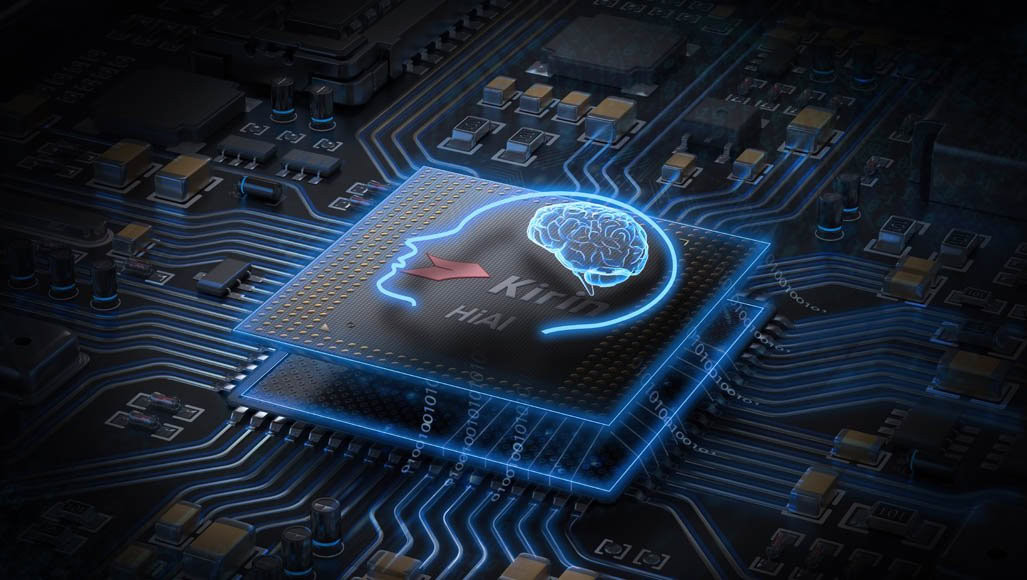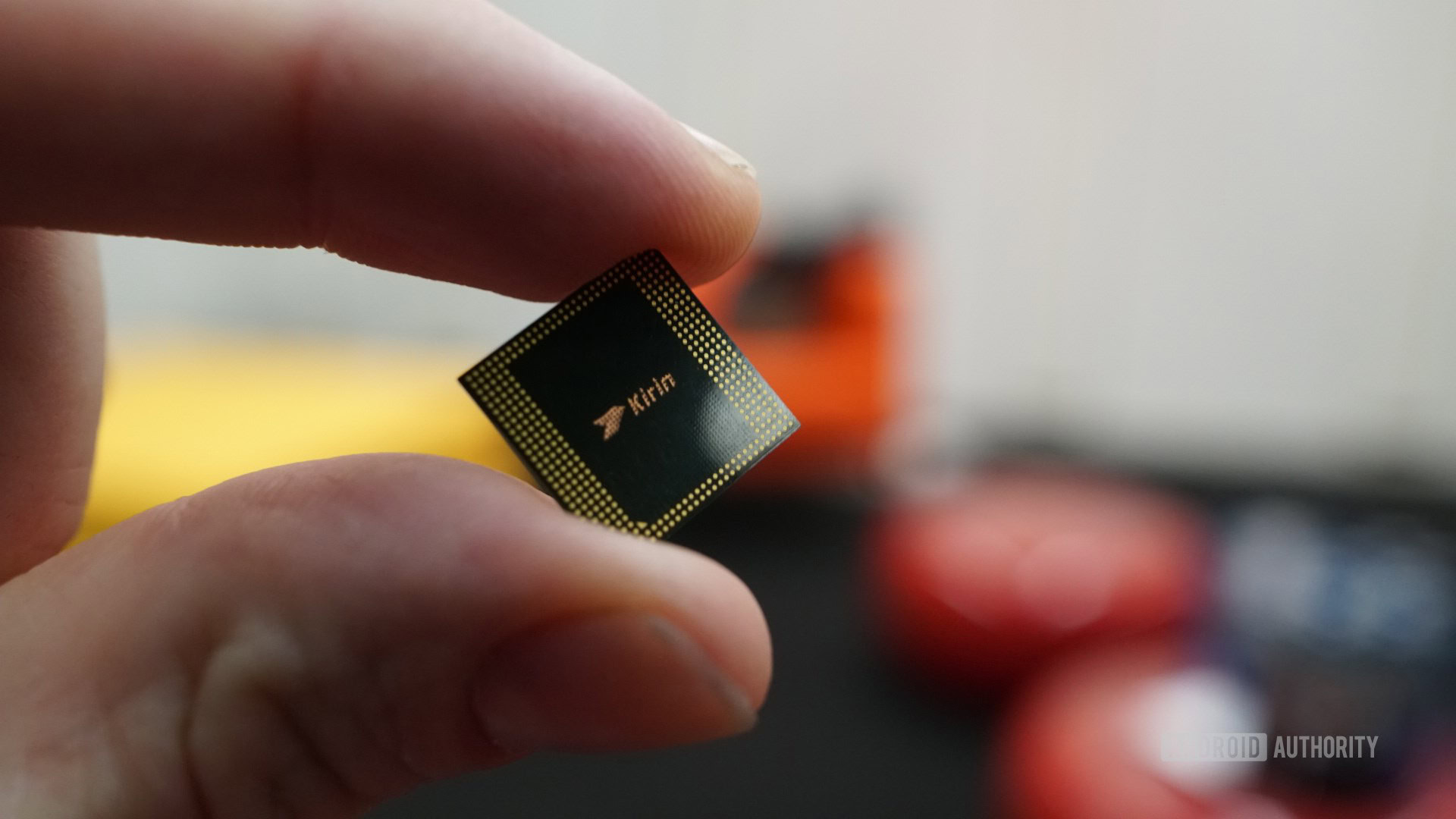Affiliate links on Android Authority may earn us a commission. Learn more.
Huawei's HiSilicon says it has long been prepared for US ban, has backup plans
May 17, 2019

Update, 9:45AM ET: HUAWEI has since issued a statement, denouncing the move to add the company to the Commerce Department’s Entity list.
“HUAWEI is against the decision made by the Bureau of Industry and Security (BIS) of the US Department of Commerce,” the firm noted in an emailed statement.
“This decision is in no one’s interest. It will do significant economic harm to the American companies with which HUAWEI does business, affect tens of thousands of American jobs, and disrupt the current collaboration and mutual trust that exists on the global supply chain,” it noted.
Original article, May 17, 2019 (5:39 AM ET): President Donald Trump signed an executive order earlier this week, effectively banning Huawei‘s telecommunications equipment. But the White House also placed the firm on the Commerce Department’s so-called Entity List.
The listing means HUAWEI can’t do business with U.S. companies without obtaining government approval. This might be even more damaging than the firm’s equipment ban.
ZTE was previously added to the Entity List and the manufacturer suffered greatly as a result, as it was forced to halt sales of many phones. After all, ZTE didn’t make its own chipsets and components. But HUAWEI has its own chip company — HiSilicon — and the division reportedly says it has long been prepared for this eventuality.
According to Reuters, HiSilicon president He Tingbo claimed in an internal letter that the company is able to ensure a steady supply and “strategic safety” of most parts. The letter adds that the chipmaker has been secretly working on backup products for years in the event that this scenario took place.

HiSilicon produces chipsets and modems for many HUAWEI phones, including virtually all of its flagship and mid-range models. But the manufacturer makes use of chipsets from U.S. companies in some lower end phones and all of its laptops.
Chipsets are one of many parts in a device though, but a HUAWEI spokesperson told Reuters that it would substitute prohibited U.S. parts for HiSilicon components where possible. Do you think HUAWEI will weather this storm? Give us your thoughts in the comments.
NEXT: Yes, Google’s Live Transcribe can technically detect farts